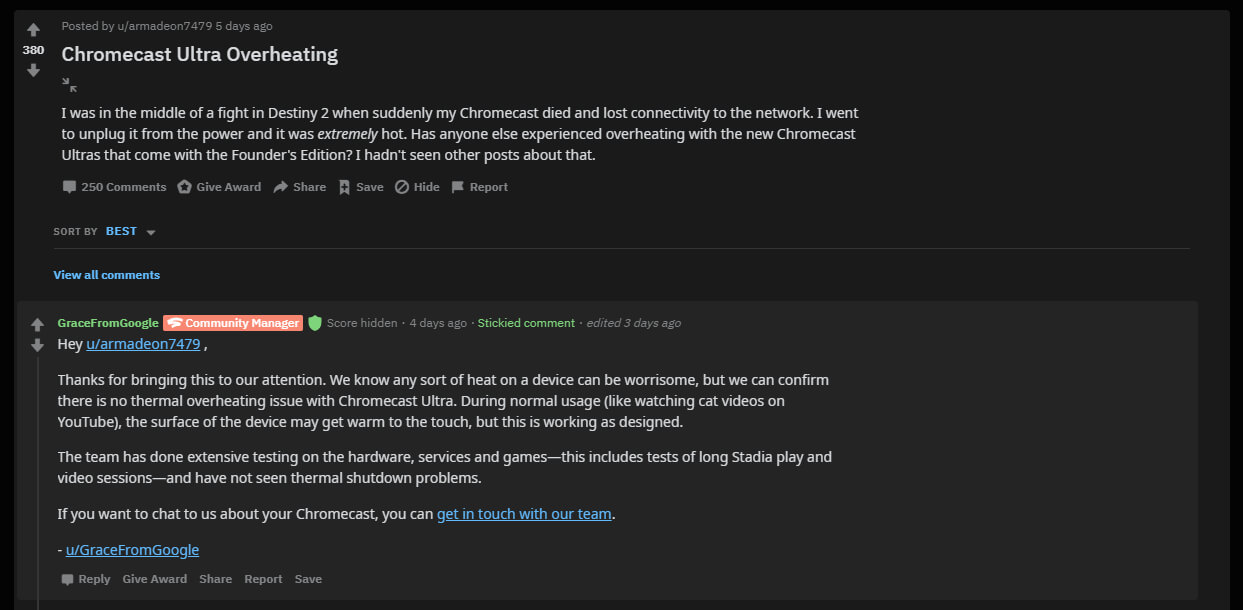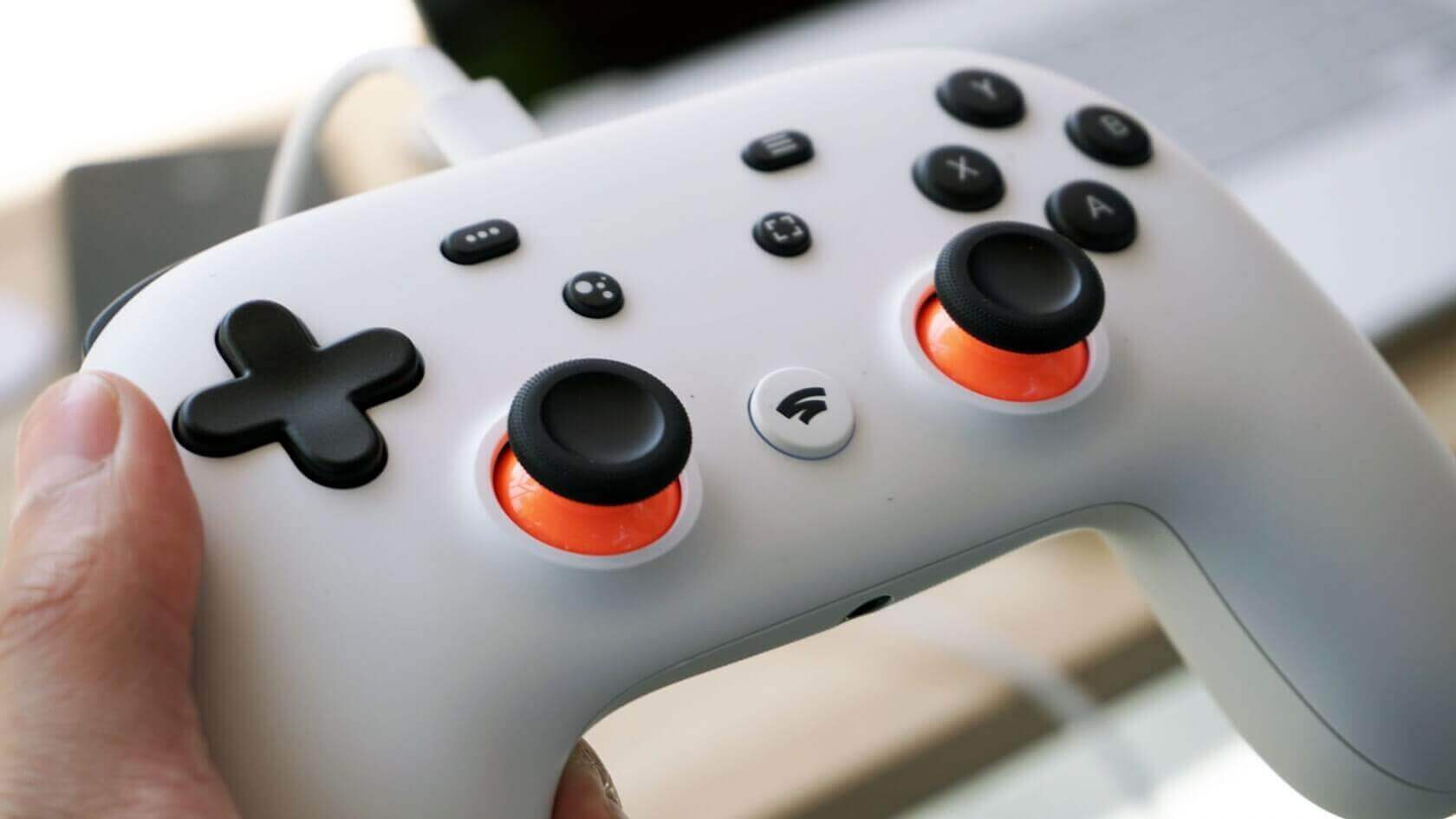In context: It's been a week since Google launched its game streaming service and, unsurprisingly, most of the early impressions and experiences haven't gone in Stadia's favor. While the company has been heavily advertising the service pre- and post-launch, pitching the platform as the "one place for all the ways we play," it ultimately had to announce and arrive with several missing features and is now addressing performance and quality issues with Stadia such as 4K support, which isn't true 4K, and users reporting overheating Chromecast Ultra dongles.
Google wasn't expecting to hit a home run with Stadia but rather usher in a new era of game streaming that eventually makes a case for itself in the video games industry. Right now, that case is seemingly possible only in brief moments with the service when it magically allows for games to instantly switch across supported devices.
However, with Stadia already missing out on some important features on arrival, developer concerns over Stadia's fate, and a limited launch library, Google has been recently facing more criticism over how it marketed Stadia's gameplay quality to what has been the case post-launch.
Yes, all games at launch support 4K. We designed Stadia to enable 4K/60 (with appropriate TV and bandwidth). We want all games to play 4K/60 but sometimes for artistic reasons a game is 4K/30 so Stadia always streams at 4K/60 via 2x encode.
--- Phil Harrison (@MrPhilHarrison) October 9, 2019
As noted last week by 9to5Google, the quality of games on Stadia leaves much to be desired as the service doesn't support true 4K resolution for all launch titles as previously committed by Google.
Destiny 2 on Stadia, for instance, renders at 1080p and then gets upscaled to improve visual quality that's equivalent to a PC version running at medium settings, a Bungie rep told The Verge.
Similarly, Rockstar's Red Dead Redemption 2 also doesn't play in true 4K and renders at either 1080p or 1440p resolution which is then upscaled to 4K on the Chromecast Ultra.
Digital Foundry's usual in-depth analysis resulted in the following comments:
Perhaps there's something more we're not seeing behind the compression but from a technical perspective, Red Dead 2 on Stadia doesn't seem to be delivering on key marketing promises - certainly not the spirit of them at least. At the reveal, we were told that Stadia's GPU has the power of Xbox One X and PS4 Pro graphics combined, yet RDR2 on Stadia only has 44 per cent of the X's rendering resolution, while even the 4.2TF PS4 Pro GPU is generating a higher pixel-count (even before factoring in its checkerboarding upscale). Stadia's GPU seems to be an offshoot of AMD's RX Vega 56 based on its specs, yet in 1080p mode, performance is more in line with the PC version running on a much less capable RX 570 or RX 580.
Google has responded to these criticisms saying that "Stadia streams at 4K and 60 FPS - and that includes all aspects of our graphics pipeline from game to screen: GPU, encoder and Chromecast Ultra all outputting at 4k to 4k TVs, with the appropriate internet connection."
The company added that for the best streaming experience, Stadia uses "a variety of techniques to achieve the best overall quality." as can be seen on "all platforms." It also said that developers have been given the freedom on "how to achieve the best image quality and frame rate on Stadia" and that the company is impressed with what they [devs] have been able to achieve for day one.
"We expect that many developers can, and in most cases will, continue to improve their games on Stadia," hinting that upgrades made to Stadia ports would boost their performance over time "without the need for game patches or downloads" for end-users.

Elsewhere, several Stadia users have raised issues with the Chromecast Ultra dongle, which is getting "extremely hot" during streaming sessions and lasts between 10 or 20 minutes for some players before losing connectivity and/or shutting down.
A community manager from Google responded that "there is no thermal overheating issue with Chromecast Ultra," adding that the device may get warm during normal usage (like watching cat videos on YouTube), but that's working as designed.
"The team has done extensive testing on the hardware, services and games---this includes tests of long Stadia play and video sessions---and have not seen thermal shutdown problems," she added.
